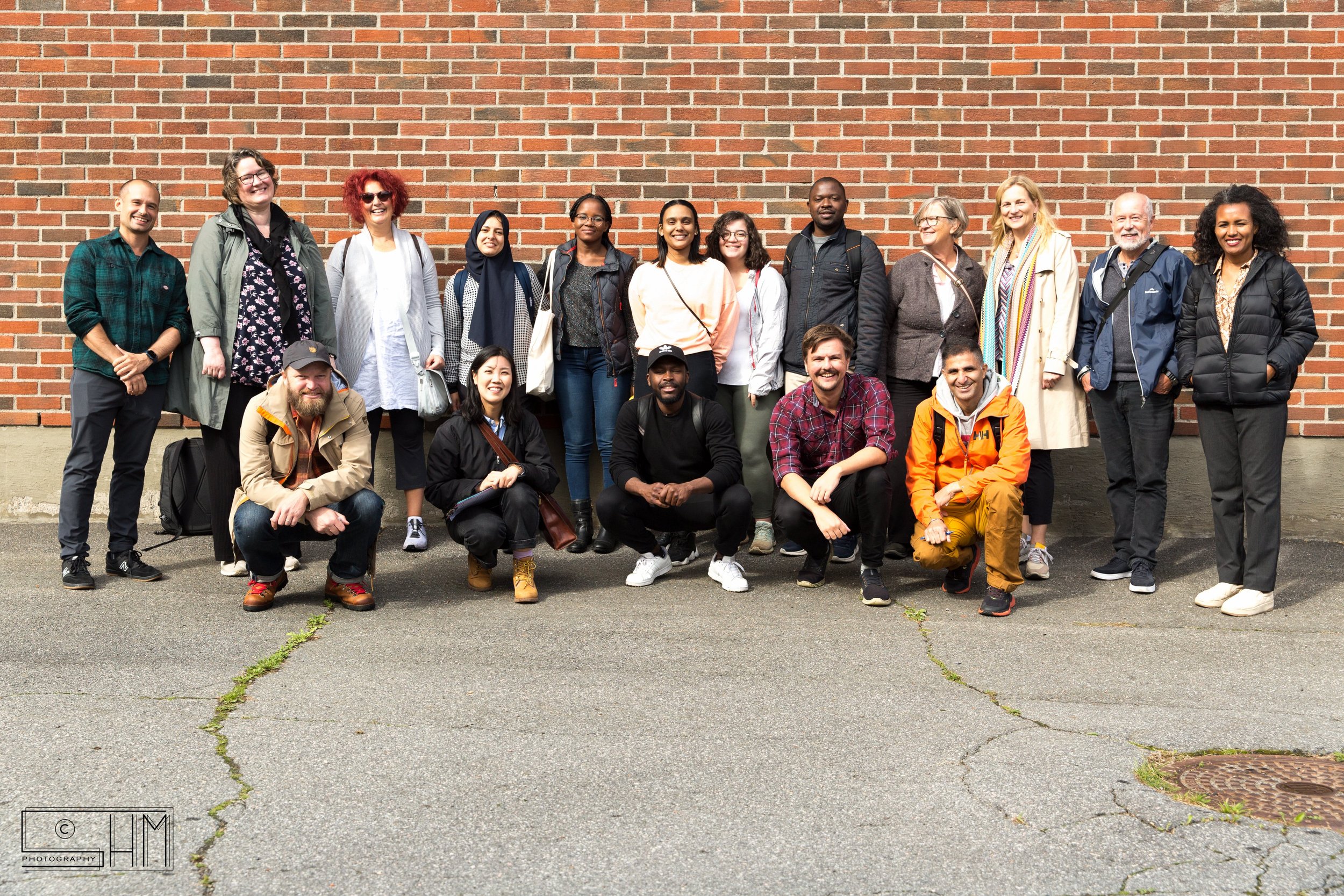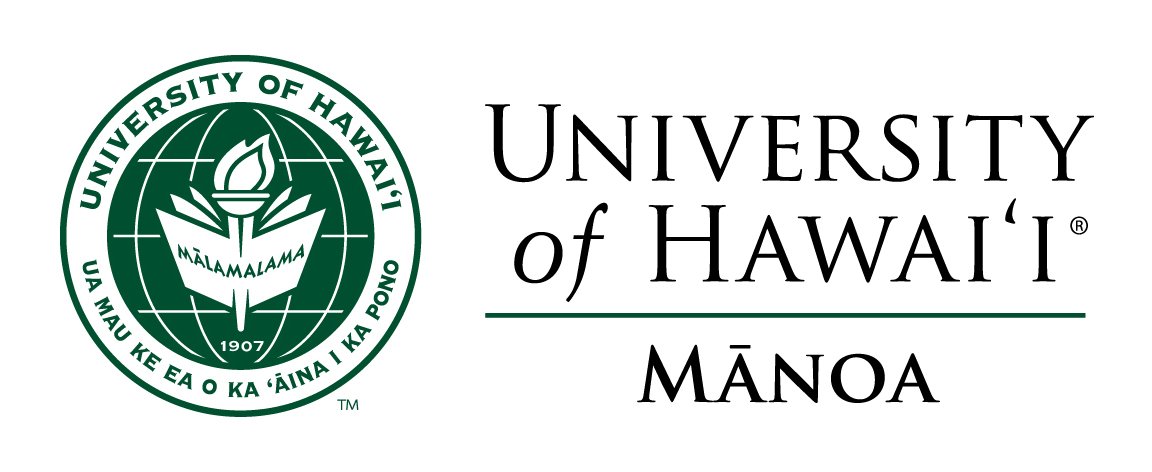Teaching Philosophy
In the 21st century, as we enter a period of growing ecological, political, and social crises around the world, I begin with the basic idea that education is about supporting students to think critically and ethically as citizens who can make important contributions to more sustainable, democratic and just societies. An important question I ask in my own teaching, which is built on the idea of ‘responsible pedagogy’ developed in more depth by Martusewicz, Edmundson and Lupinacci (2014) in their book Ecojustice Education, is this: “What are my just and ethical obligations to my communities?” As the authors go on to argue, “This formulation asks teachers to focus on the obligations, practices, and wisdom…that are necessary for a just and ecologically sustainable society” and “exists in the tension between two necessary ethical questions: What do we need to conserve, and what needs to be transformed?” With these questions in mind, as an applied linguist investigating how our everyday language practices intersect with societal problems such as social inequality and climate change, a key theme underpinning my pedagogical practice is to help students develop a better understanding of the power of language and communication to transform society in more sustainable, just and democratic directions.
With that said, my pedagogical approach is grounded in the following principles:
My classroom is one that emphasizes problem-solving and ‘big-picture’ conceptual understanding over rote memorization and simple regurgitation of information. My pedagogical approach begins by engaging with each student as already coming into the classroom with knowledge, ideas, and insights derived from their lived experience in the world.
By first building on what students already know, students’ experiences are harnessed to begin conceptualizing class material through a process of identifying themes, concepts, ideas as an initial step towards building new knowledge. In the early stages of exploring new course content, I set up real-world ‘problems’ for students to work through as a way to encourage connecting micro-level phenomena and key concepts in the course to more macro-level questions and concerns.
This provides students with an opportunity to analyze both functionally and critically course content to address the big ‘why’ questions of the course’s learning outcomes: can students think ‘outside of the box,’ not just reciting the definition of a concept from rote, but instead, take that concept and apply it to a new context? Are they able to comment on what the analytic or theoretical implications of applying this concept might be? Can they problematize concepts, asking why a theory or a class discussion point may be unable to address some phenomena in the empirical data we explore in the course? I have found this to be a particularly useful method for teaching linguistic and social theory because students need to work through the significance of concepts in the course for themselves as they move conceptually toward the to-be-discussed theory.
This helps to scaffold students’ understanding of the theories in question, as they are truly able to apply the different components of a theory because they had to solve for those same issues themselves. I strongly believe that an essential goal of all my courses is to not only equip students with a solid knowledge of course content, but to provide them with the conceptual tools needed to apply that knowledge anew.
My classroom is also one that consistently incorporates multimedia to facilitate hybrid classroom teaching both inside and beyond the classroom, with an emphasis on hands-on application of the concepts we explore. I often have students collect their own multilingual and multimodal data to analyze in my courses, and I find collaborative projects to be especially fruitful opportunities for students to engage in discussion and debate with their peers. In all of my courses, I strive to make my classrooms inclusive spaces that welcome a diversity of backgrounds and experiences. It is important for my classrooms to be comfortable and welcoming spaces for all students to ensure the quality of their learning experience.
Finally, I am routinely impressed by my students’ abilities to rise to the level of expectations I set for them. If students feel a course is unchallenging, uninteresting or otherwise not worth their time, they will not devote time to the course. So, one of my main responsibilities as an instructor is to keep students interested and challenged in my courses, not merely expressing my expectations that they should excel in the course, but that I am here to help them reach the high level of success I envision for them.
Courses Taught and Course Descriptions
Department of Second Language Studies (SLS) University of Hawai‘i at Manoa, Honolulu, Hawai‘i
SLS 408 Multilingual Education, Spring 2019
This course provides an overview of theories, policies and pedagogical practices of bilingual/multilingual education. We will examine bilingual/multilingual education from historical, political, psycholinguistic, cognitive, social, and cultural perspectives. While much of our discussion will concern bilingual/multilingual education in the United States, we will also discuss recent bilingual/multilingual education approaches from other countries. We will also examine language and education issues in Hawai’i and other Native American contexts.
SLS 480A Sociocultural approaches to second language education, Spring 2018
Sociocultural linguistics is an interdisciplinary approach to the role of language in social life drawing on perspectives from sociolinguistics, applied linguistics, linguistic anthropology and related fields that sets out to explore this central question: How does the empirical study of language use illuminate social and cultural processes? We will explore this guiding question in increasing depth over the semester through our readings and discussions of key concepts and topics at the intersection of multilingualism, culture, identity, and society. We will also critically examine the relevance of this approach for our understanding of multilingualism as it relates to issues of language use, language learning and linguistic justice in a wide range of contexts around the world.
SLS 660 Sociolinguistics and Second Language Studies, Fall 2016
This course introduces foundational concepts, findings, and research methods in sociolinguistics. Two questions we will revisit throughout the course are, 1) What is the role of regional and social variation in the teaching, learning, and use of languages? and 2) How does our understanding of the social meanings produced in language inform language learning, and use? Course readings and lectures will examine sociolinguistics topics such as the nature of linguistic variation in first/second language varieties, language policy and language ideology, social identities (and constructions of gender, ethnicity, linguistic ability, and social class), the process of language socialization, power and privilege, and cross-cultural communication. You will also learn about some key methods in sociolinguistics, including ethnography, interactional sociolinguistics, and narrative analysis.
SLS 280 Bilingualism: Culture and Cognition, Spring 2016
In the U.S., knowing and speaking only one language is often considered the norm, while people and societies who regularly use two or more languages are seen as special or exotic. Yet if we look at how language is used worldwide ,including herein Hawai‘i, bi- and multilingualism are just as common as monolingualism. This course will introduce you to bi-/multilingualism both as a phenomenon at the level of society and as a characteristic of individual speakers. We will look at popular beliefs and recent media reports about bilingualism, and use these as stepping stones for a closer examination of the research (and sometimes the absence thereof) that underlies them.
English Language Institute (ELI) | University of Hawai‘i at Manoa, Honolulu, Hawai‘i
ELI 83 Academic Writing Fall 2014
ELI 100 Expository writing Spring 2014
ELI 100 is designed for undergraduate students at the University of Hawai‘i at Manoa for whom English is an additional language. It is equivalent to ENG 100. Students in this course will compose several common academic forms of writing, develop clarity of written expression, and improve command over textual, rhetorical, and discursive conventions common in academic writing. Students will apply the different tasks that are associated with the writing process to various writing situations. Students will have opportunities for developing grammatical accuracy and vocabulary.
ELI 73/83 ELI 73/83 through the Territorial Teacher Training Assistance Program (TTTAP) Spring 2014 in affiliation with the English Language Institute (ELI): ELI 73/83, hybrid face-to-face in American Samoa and online
ELI 73 Intermediate academic writing, Spring 2012 (split undergraduate and graduate academic writing course)
ELI 73 is designed for undergraduate and graduate students at the University of Hawai'i at Manoa who need to develop their general and academic writing abilities in English as an additional language. Students in this course will explore differences between personal and academic writing, develop written fluency, and improve command over textual, rhetorical, and discursive conventions common in academic writing. Students will also apply the different tasks that are associated with the writing process to various writing situations. Students will have opportunities for developing grammatical accuracy and vocabulary.
Teaching with the Territorial Teacher Training Assistance Program (TTTAP) in American Samoa, Spring 2014. In affiliation with the English Language Institute (ELI), the University of Hawai‘i at Manoa.
A few of my student evaluations (originals available upon request)
“The instructor did a great job in encouraging and guiding class discussions, providing a highly friendly yet professional learning environment.”
“There were a lot of strengths to this course. The readings were relevant and engaging and resulted in sometimes, very dense classroom discussions. The assignments excited me. They were well put-together assignments that left room for independent thought and personal growth. I never felt that a single assignment wasn’t working in my favor or that it was pointless.”







